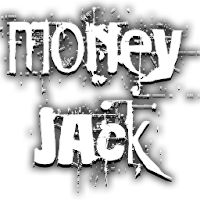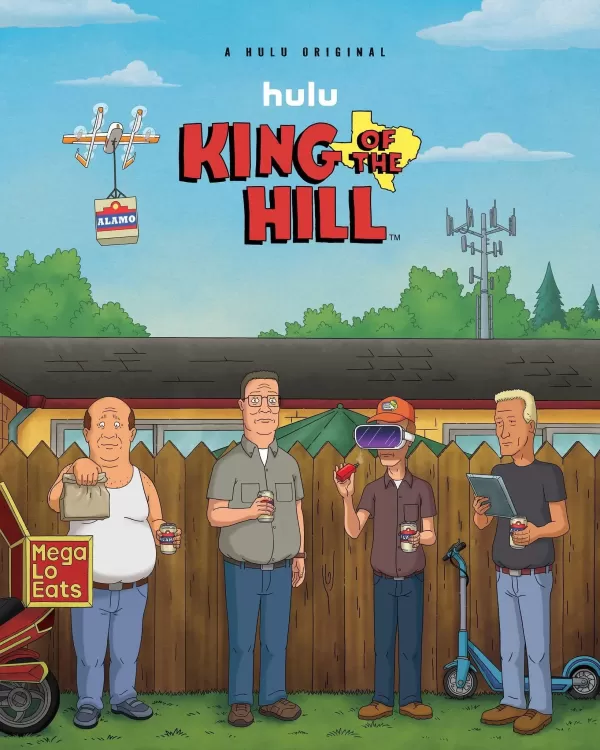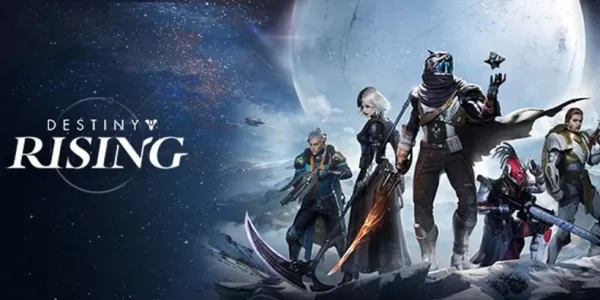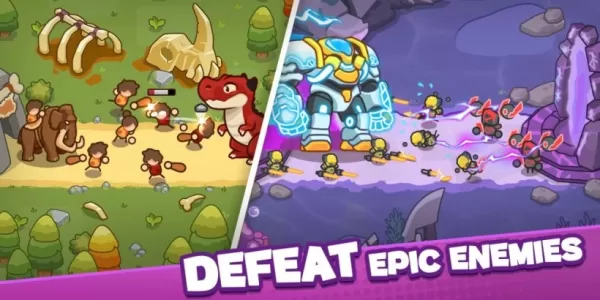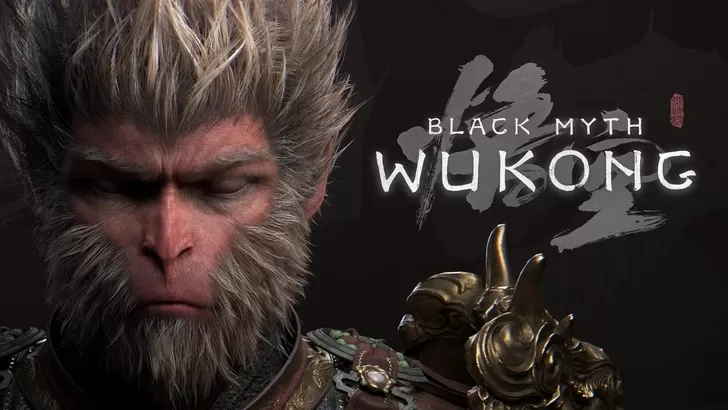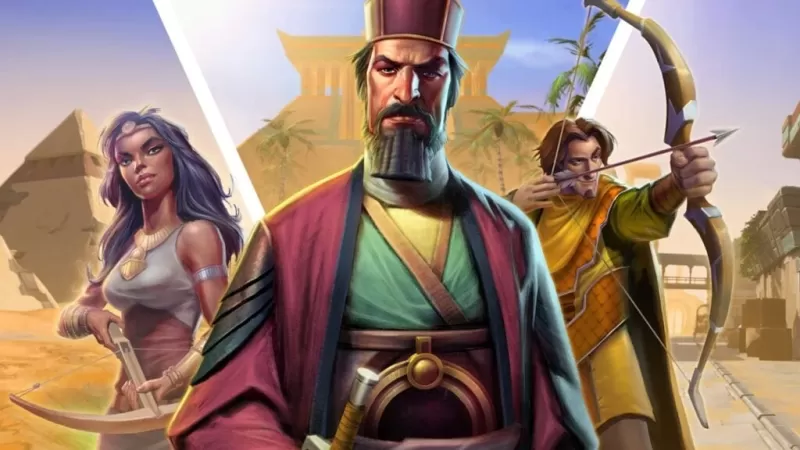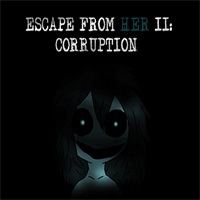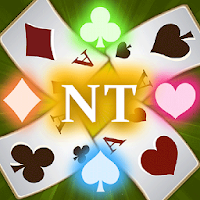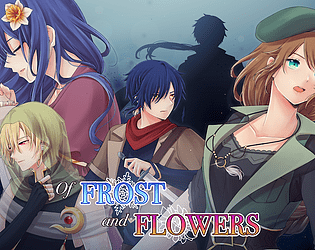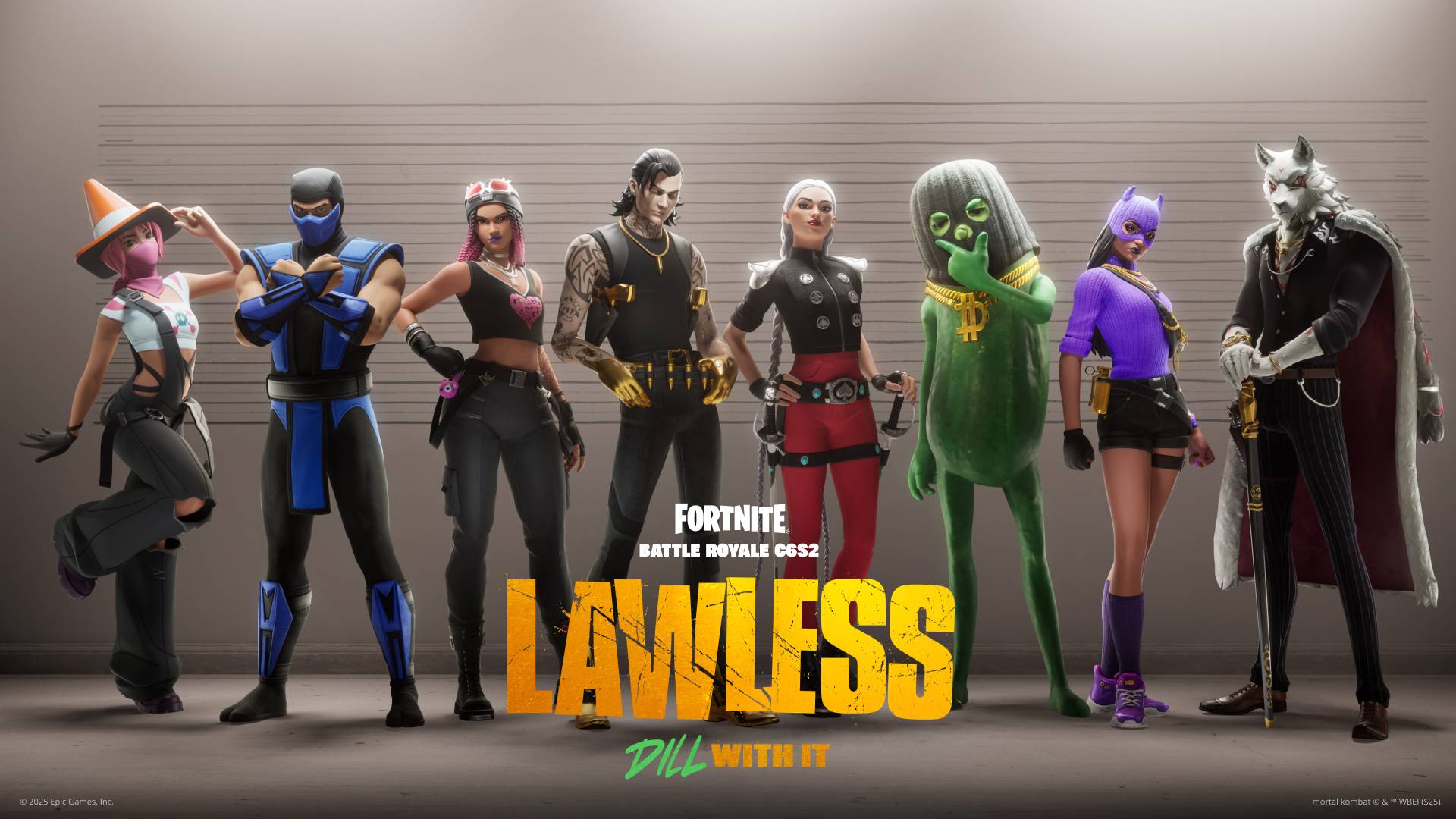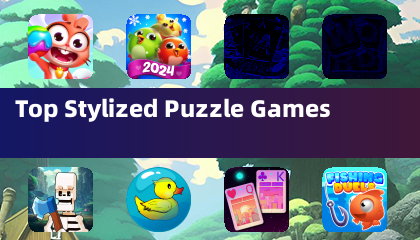Nintendo Lawyer Reveals Strategy on Piracy and Emulation
Nintendo has long been at the forefront of battling emulation and piracy, a stance that has led to numerous legal actions against developers and resellers. In March 2024, the developers of the Nintendo Switch emulator Yuzu were hit with a hefty $2.4 million fine following a court settlement with Nintendo. This was followed by the cessation of development for the Switch emulator Ryujinx in October 2024, after the developers received "contact from Nintendo." Additionally, in 2023, the team behind the Gamecube and Wii emulator Dolphin was advised against a full Steam release by Valve's lawyers, who had been approached by Nintendo’s legal team with strong legal warnings.
The case of Gary Bowser, a reseller of Team Xecuter products that allowed users to bypass the Nintendo Switch's anti-piracy measures, is particularly notable. In 2023, Bowser was charged with fraud and ordered to repay Nintendo $14.5 million, a debt he will be repaying for the rest of his life.
At the Tokyo eSports Festa 2025, a gathering of "Intellectual Property Managers" from Capcom, Sega, and Nintendo shed light on the legal frameworks designed to protect their intellectual property. Koji Nishiura, a patent attorney and Assistant Manager of Nintendo's Intellectual Property Division, addressed the complex issue of emulators. He noted that while emulators are not inherently illegal, their legality hinges on how they are used. According to Nishiura, emulators that copy programs from the games they run or disable a console's security mechanisms may infringe on copyright laws.
This stance is heavily influenced by Japan's "Unfair Competition Prevention Act" (UCPA), which, although only enforceable within Japan, shapes Nintendo's approach to legal action. The UCPA was notably invoked in the case of the Nintendo DS "R4" card, which enabled users to run backed-up or pirated games on a single cartridge. After a legal battle involving Nintendo and 50 other software manufacturers, the R4 was effectively outlawed in Japan in 2009.
Nishiura also highlighted the issue of "reach apps," third-party tools that facilitate the download of pirated software within emulators or other software. Examples include the 3DS's "Freeshop" and the Switch's "Tinfoil," both of which could violate copyright laws.
In the lawsuit against Yuzu, Nintendo pointed out that The Legend of Zelda: Tears of the Kingdom was pirated one million times, with Yuzu's Patreon page allegedly earning its developers $30,000 per month by offering subscribers "daily updates," "early access," and "special unreleased features" to games like Tears of the Kingdom.
